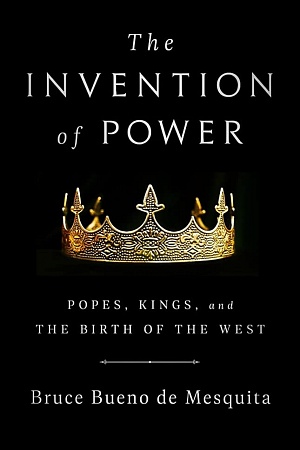Papua New Guinea: A Political History
Heinemann $17.50 hb, $8.95 pb, 280 pp
Scholarly view to the north
In 1606, Prado abducted fourteen Mailu children to Madrid, where they were baptized. The islanders, we read in Papua New Guinea: A Political History:
fought the Spaniards without any desire to convert them to Mailu beliefs. The Spaniards, by contrast, were early representatives of a European proselytism which continues to this day and which aims to save Papua New Guineans from the error of their traditional ways.
Culture contact, with its interaction of differing and often diametrically opposed values, continues to color the weft in the tapestry of events in the new nation to our north. Even so, it is appropriate that this book has politics as its fulcrum, because, as Seeley has observed, history is past politics, and politics is present history.
Continue reading for only $10 per month. Subscribe and gain full access to Australian Book Review. Already a subscriber? Sign in. If you need assistance, feel free to contact us.













Leave a comment
If you are an ABR subscriber, you will need to sign in to post a comment.
If you have forgotten your sign in details, or if you receive an error message when trying to submit your comment, please email your comment (and the name of the article to which it relates) to ABR Comments. We will review your comment and, subject to approval, we will post it under your name.
Please note that all comments must be approved by ABR and comply with our Terms & Conditions.